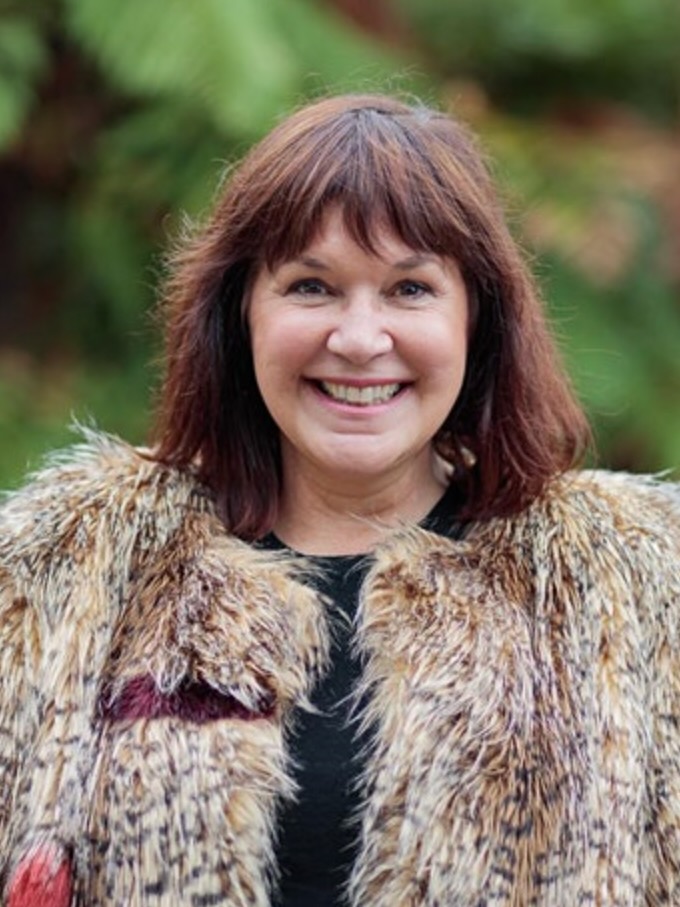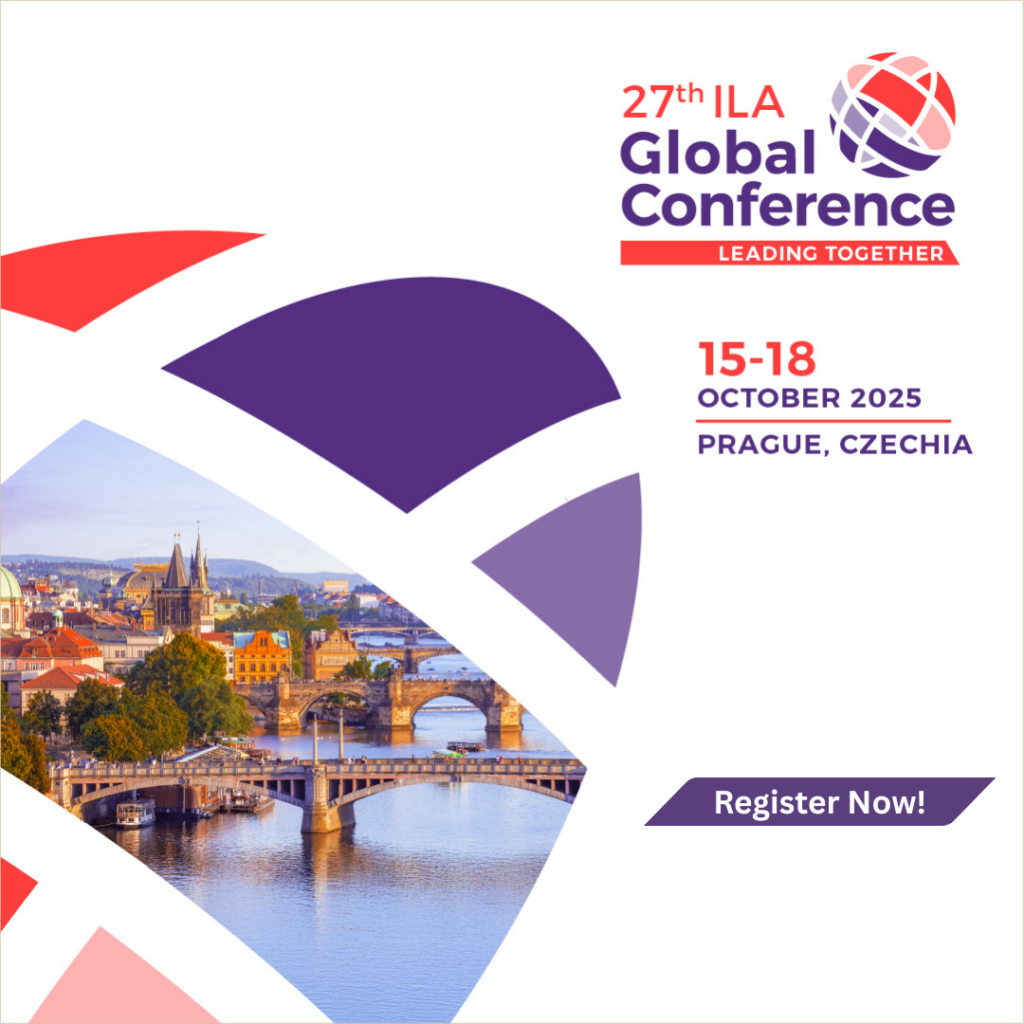
- 8 November 2023
Share:
As Leader in Residence at the Atlantic Institute, I was thrilled to work with the institute’s Fellows to find common factors in their work and tell the stories of how they function as catalytic leaders working to meaningfully move the needle on the systemic, wicked problems facing the world. Those lessons are shared in The Catalyst’s Way – A Handbook for People Who Want to Change the World and the companion guide, The Catalyst’s Way – Foundational Storytellers (Oxford University). Both are free to download at the links above.
As discussed in the book, a key to being an effective catalyst is the ability to “Apply Activated Hope” — a sense that taking purposeful action will change outcomes and make a positive impact by creating sustainable wealth and wellbeing. Catalysts hold a radical imagination and are committed to unlocking potential and inhabiting the place between now and the future. Leaders who are catalyzing change work in sharp dissonance with how things are and how they should be. Catalysts see glimpses of possibilities and strike the match of potential in the present. Curious and honest, they meld possibilities to give things a go, even when the risks of failure are high.
The following insights from The Catalyst’s Way provide further value on activated hope for leaders. Taking the steps below will help you ignite powerful change in your organizations, communities and yourself. The people mentioned below are Fellows of the Atlantic Institute profiled in the companion guide.
Activated Hope – Key Insights
1. Take time to connect to the bigger picture. Look at the trails of your life. Sometimes when we look back, we get a sense of perspective and insight that we may not have had at the time. We can get so embroiled in day-to-day issues that we forget to connect with the bigger picture. Boyd Broughton, director of a significant tribal healthcare service in New Zealand that focuses on family wellbeing, encourages his team to see beyond the present circumstances to a future state. Boyd reminds his staff to put out fires as quickly as possible, and to “take time to look up at the stars and imagine what this whānau [family] can achieve once the fires are put out.”
2. What really matters to you? Rekindle your purpose. Rather than thinking about an issue, think about what you value in the way that you are a catalyst and a leader. Your flame of activated hope needs air to stay alight. For example, Durkhanai Ayubi, an Afghan food expert and prize-winning cookbook author, values freedom and independence to pursue what she truly believes in. She knew she needed to avoid being “made impotent by the structures of organisation and other people’s expectations of what you can and can’t say and what you can and can’t do.” While her path has involved immense sacrifice, it has also brought incredible outcomes. Durkhanai says, “The real power and transformative groundwork happen when you follow your truths and sense of what you should be doing. And do it in a way that’s quite uncompromising.”
3. Imagine alternative futures and find ways to bring them into being. Having a clear vision ensures a desired future already has a place in the world, even when the gap between promise and reality seems vast. From a Pacific Oceanic wayfinding perspective, vision is described as “calling the island to you.” It involves holding a strong intention of the destination. By adjusting to signs in the world, oceanic navigators bring the island to themselves. You can read more about this in my book Wayfinding Leadership.
Leadership researchers and practitioners have a remarkable opportunity to be catalysts for change, to build new realities in service of just and thriving societies now and in the future.
4. Vision and purpose are entwined. Vision imbues a sense of perpetuity, and purpose is a sense of immediacy. Catalysts are in service of a purpose that will bring about change. Some catalysts serve through education, coaching, and mentoring to equip other activists with the tools they need, while they all serve in support of a better community and world. Vision and purpose are about what matters and the change we wish to see.
5. Purpose provides orientation, energizes momentum, and propels agency. Being clear about how you will harness your skills and talents — for example, as a doctor, writer, poet, artist, scientist, relationship builder, healer, educator, speaker, and advocate — is a dimension of purpose. Cultivating these skills is a necessary part of lifelong learning. Another essential component of a catalyst’s purpose is who they are serving.
6. Values must become action. Values illuminate a rich seam of knowledge code and are portals to a worldview that guides people to act concordantly with what they believe in and wish to uphold. Values support relationships. Values need to be made conscious and practiced contextually. Indigenous value systems can often teach us how to be in relationship with ourselves, each other, and the ecologies within which we exist. Values are not only portals to a worldview but also to a calling about what we envision and how we carry ourselves. They are personal, not prescriptive, and are markers that orient us to change. For example, a person may work more on courage at one point in their life than at others, with the result that it becomes easier for them to speak out. Whilst working on courage may always be present, another value may arise more strongly at another point such as navigating the complexities of empathy. Hence practicing values are an interplay, not a static state.
7. Find your Zenith value and stick to it. A Zenith value is like a guiding star that we align all aspects of our life to. Sam Hughes recalls a moment during his first job interview as a young man when he got asked what his best quality was. He says it was loyalty — in his case, loyalty to his brothers who had been accused of a crime. As Founder and Chair of Nōna Te Ao Trust, which provides a pathway for rural Māori students into tertiary and vocational opportunities, Sam knows what it means to hold steadfast to a Zenith value. See my blog, “Calling Purpose to You” for more on purpose and holding a Zenith orientation.
8. Establish your circle of strength. Around the catalyst are people who encircle and hold the catalyst like a container — families, friends, and colleagues who steadfastly support their work. Catalysts need participative spaces that are trust-based; a place of respite, care, and empathy; and a safe arena to learn new skills. They need a space where courageous conversations are encouraged, contestations may arise, and provocations can be laid down, but not from a place of judgement or projection. Curiosity about our experience and the capacity to inquire into our habits and assumptions is essential.
For ILA leadership researchers and practitioners, holding the flame of activated hope is needed in these times more than ever. We have a remarkable opportunity to be catalysts for change, to curate the change and support others, to build new realities in service of just and thriving societies now and in the future. With a dedication to creating healthier communities and ecologies, we can have a transformative, collective impact by creating spaces for many possibilities to co-exist. In classrooms and boardrooms, in the field of practice and in the antechambers of government, we can transform not only the future of leadership studies but also the future.

Chellie Spiller is a professor of leadership at the University of Waikato Management School, Aotearoa New Zealand. Her research explores wayfinding, authentic, Māori and Indigenous leadership and how businesses can create sustainable wealth and wellbeing.
As 2022 Leader in Residence at the Atlantic Institute, she produced The Catalyst’s Way – A Handbook for People Who Want to Change the World and, as a companion guide, The Catalyst’s Way – Foundational Storytellers at Oxford University. Chellie is also a co-author of a book on traditional Polynesian navigation Wayfinding Leadership: Groundbreaking Wisdom for Developing Leaders with Hoturoa Barclay-Kerr and John Panoho. Released in 2015, Wayfinding Leadership is a best-selling book for Huia Publishing. In 2013 her co-edited book with Donna Ladkin, Authentic Leadership: Concepts, Coalescences and Clashes (Edward Elgar Press) was short-listed for an international leadership book award.
Chellie was a Fulbright Senior Scholar at the Harvard Kennedy School and the University of Arizona in 2012. She has received a Research Excellence Award, Dame Mira Szászy Māori Alumni Award, National Māori and Academic Excellence Award. Chellie is also an international speaker and leadership development trainer.
As an Amazon Affiliate ILA earns a small amount from qualifying purchases (at no extra charge to you) when you click on the link to the book above. Thank you for your support!


